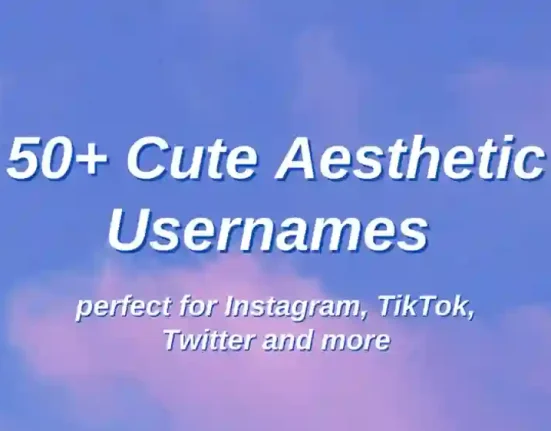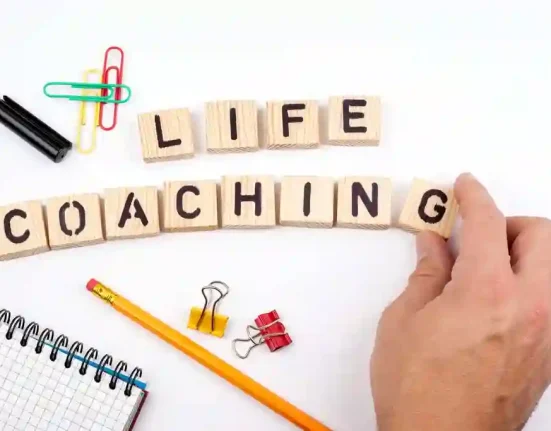In the journey of life, individuals are often confronted with a myriad of challenges and problems, both big and small. The ability to solve these problems effectively is a crucial life skill that can significantly impact one’s personal and professional success. Education serves as the foundation upon which individuals develop problem-solving skills, equipping them to navigate the complexities of the world. In this article, we will explore the significance of education in problem-solving and how it prepares individuals for the challenges they encounter throughout their lives.
Problem-Solving as a Life Skill
Problem-solving is more than just a practical skill; it is a life skill that permeates every aspect of our existence. Whether it’s resolving conflicts in personal relationships, tackling complex work assignments, or making important decisions, problem-solving plays a pivotal role in our daily lives. The ability to analyze situations, identify solutions, and make informed choices is essential for personal growth and success.
Education as the Catalyst for Problem-Solving
Education serves as the catalyst for the development of problem-solving skills. It provides individuals with the knowledge, tools, and strategies needed to address a wide range of challenges effectively. From early childhood education to higher learning, the educational journey is a continuous process of honing problem-solving abilities.
Critical Thinking: The Cornerstone of Problem-Solving
Critical thinking is the cornerstone of problem-solving. Education encourages individuals to think critically, analyze information, and evaluate evidence. Through activities such as class discussions, debates, and research projects, students learn to question assumptions, consider multiple perspectives, and arrive at well-informed conclusions. This critical thinking mindset is a fundamental element of effective problem-solving.
Real-World Problem-Solving in Education
Many educational institutions recognize the importance of real-world problem-solving experiences. They incorporate practical challenges and projects into their curricula, allowing students to apply their knowledge to solve authentic problems. This hands-on approach not only enhances problem-solving skills but also prepares individuals for the complexities of the real world.
Innovation and Creativity
Education encourages innovation and creativity, which are integral to problem-solving. When individuals are exposed to diverse subjects, creative outlets, and opportunities to explore their interests, they develop the capacity to think outside the box. Creative thinking often leads to innovative solutions to complex problems.
Collaborative Problem-Solving
Collaboration is a vital component of problem-solving, and education promotes collaboration skills. Group projects, team-based assignments, and cooperative learning experiences teach individuals how to work effectively with others. Collaborative problem-solving not only taps into a collective pool of ideas but also fosters interpersonal skills such as communication and conflict resolution.
Adaptation to Change
Problem-solving is not static; it requires adaptation to changing circumstances. Education instills a growth mindset, teaching individuals that challenges are opportunities for learning and growth. This mindset encourages resilience in the face of adversity and a willingness to embrace change as a natural part of problem-solving.
Practical Problem-Solving in the Workforce
Problem-solving is a highly sought-after skill in the workforce. Employers value individuals who can analyze complex issues, devise effective solutions, and implement them efficiently. Education equips individuals with these skills, making them more competitive in the job market and better prepared for the demands of their careers.
Personal Problem-Solving and Decision Making
Beyond the professional sphere, education also nurtures personal problem-solving and decision-making skills. Individuals learn how to make choices that align with their values, set and achieve personal goals, and manage challenges in their personal lives. These skills contribute to a sense of autonomy and well-being.
Problem-Solving for Global Challenges
In an interconnected world facing complex global challenges, education plays a pivotal role in preparing individuals to address issues such as climate change, social inequality, and public health crises. Through education, individuals gain an understanding of these challenges and are empowered to seek innovative solutions. Education fosters a sense of global citizenship, encouraging individuals to contribute to the betterment of society.
The Role of Educators
Educators are instrumental in nurturing problem-solving skills. They are like guides who create a supportive learning environment that encourages critical thinking and problem-solving. Skilled educators challenge their students, provide constructive feedback, and inspire a passion for lifelong learning. Their mentorship and guidance are invaluable in shaping problem-solvers of the future.
Conclusion
Problem-solving is not just a skill; it is a way of thinking and approaching challenges in life. Education serves as the foundation upon which individuals develop and hone problem-solving skills. It fosters critical thinking, encourages creativity and innovation, promotes collaboration, and prepares individuals for the complexities of the real world.
As individuals progress through their educational journeys, they acquire the tools and knowledge needed to tackle a wide range of problems effectively. Whether it’s addressing personal dilemmas, contributing to the workforce, or addressing global challenges, problem-solving skills acquired through education equip individuals for a life of meaningful engagement and success. Education is not just about acquiring knowledge; it is a powerful force that empowers individuals to confront and conquer the myriad challenges they encounter on their life’s journey.








